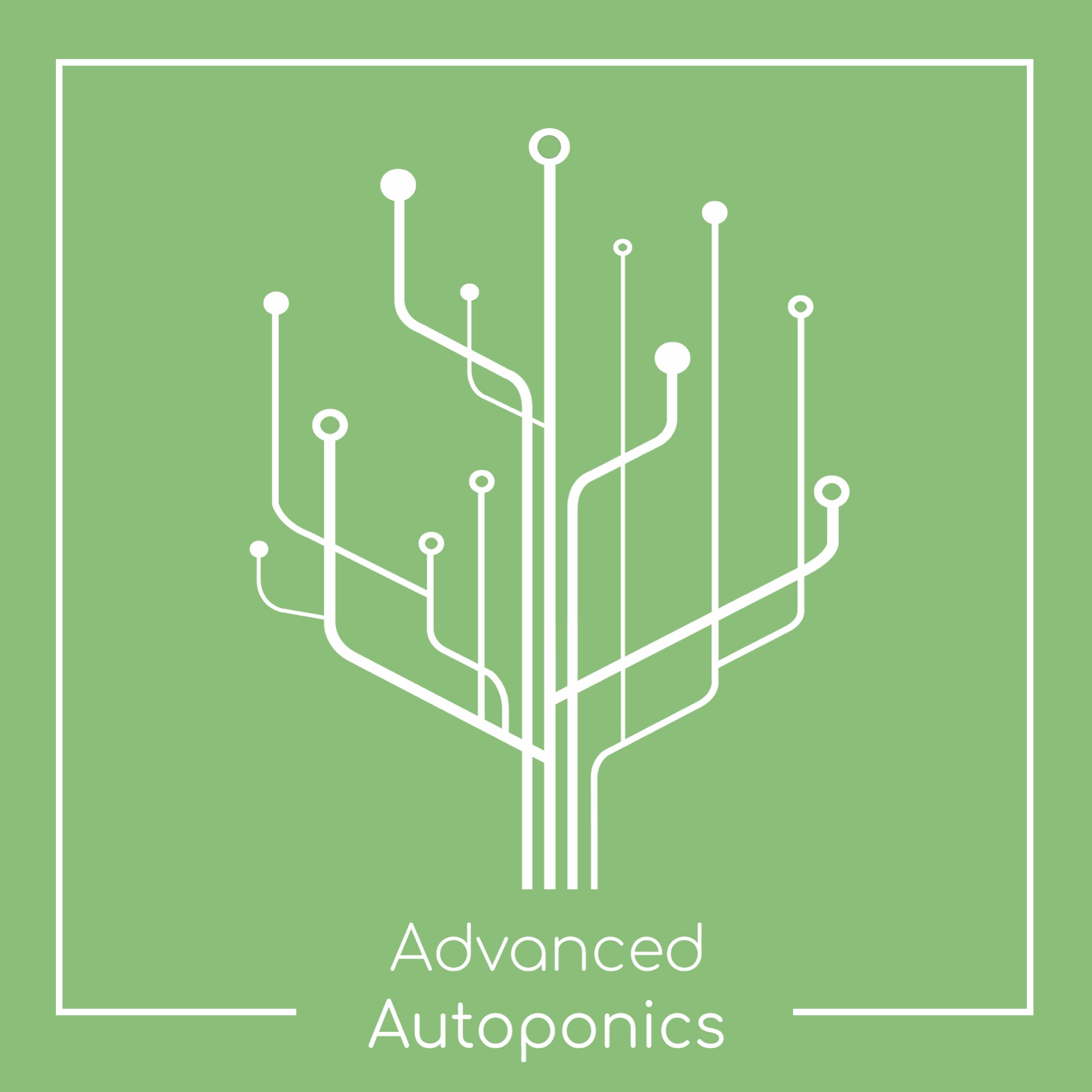Hydroponic gardening is a method of growing plants without soil, using water and mineral nutrient solutions instead. This high-tech gardening technique offers several environmental benefits compared to traditional soil-based gardening. By utilizing high-tech gardening tools such as hydroponic systems, growers can maintain a controlled environment that maximizes plant growth while minimizing environmental impact.
One of the significant environmental benefits of hydroponic gardening is water conservation. Traditional soil-based agriculture consumes a significant amount of water due to evaporation and runoff. In hydroponic systems, water is recirculated and reused, reducing water waste significantly. This is especially important in areas facing water scarcity or drought conditions. By using hydroponic gardening methods, growers can minimize water usage and support sustainable water management practices.
Additionally, hydroponic gardening can help reduce the use of chemical fertilizers and pesticides. In traditional agriculture, chemical fertilizers and pesticides can run off into waterways, leading to pollution and ecosystem damage. Hydroponic systems allow growers to control nutrient levels more precisely, reducing the need for chemical inputs. By using organic nutrients and integrated pest management techniques, hydroponic gardeners can produce healthy plants without harmful chemicals, promoting environmental sustainability.
Furthermore, hydroponic gardening can contribute to local food production and reduce food miles. By growing plants indoors or in controlled environments, hydroponic growers can produce fresh fruits and vegetables year-round, regardless of the season or climate. This can help reduce the carbon footprint associated with transporting food over long distances, ultimately decreasing greenhouse gas emissions and supporting a more sustainable food system.
High-tech gardening tools such as automated lighting and climate control systems can also improve energy efficiency in hydroponic gardening. By using advanced technologies to monitor and adjust growing conditions, growers can optimize energy use and reduce overall electricity consumption. This not only lowers operating costs but also minimizes the environmental impact of indoor agriculture.
In conclusion, hydroponic gardening offers several environmental benefits that make it a sustainable and efficient method of plant cultivation. By utilizing high-tech gardening tools and controlled environments, growers can conserve water, reduce chemical inputs, and promote local food production. As the demand for fresh produce continues to rise, hydroponic gardening can play a crucial role in supporting a more environmentally friendly and resilient food system.
For more information visit:
Advanced Autoponics
https://www.advancedautoponics.com/
Denver, United States
Our cutting-edge hydroponic technology empowers developers, designers, and architects to integrate greenery anywhere, transcending the limitations of soil. Our solution automatically establishes the ideal root environment for plants, fostering growth and sustainability while conserving water and space. Our advanced technology offers real-time monitoring and updates accessible from anywhere on the globe.

